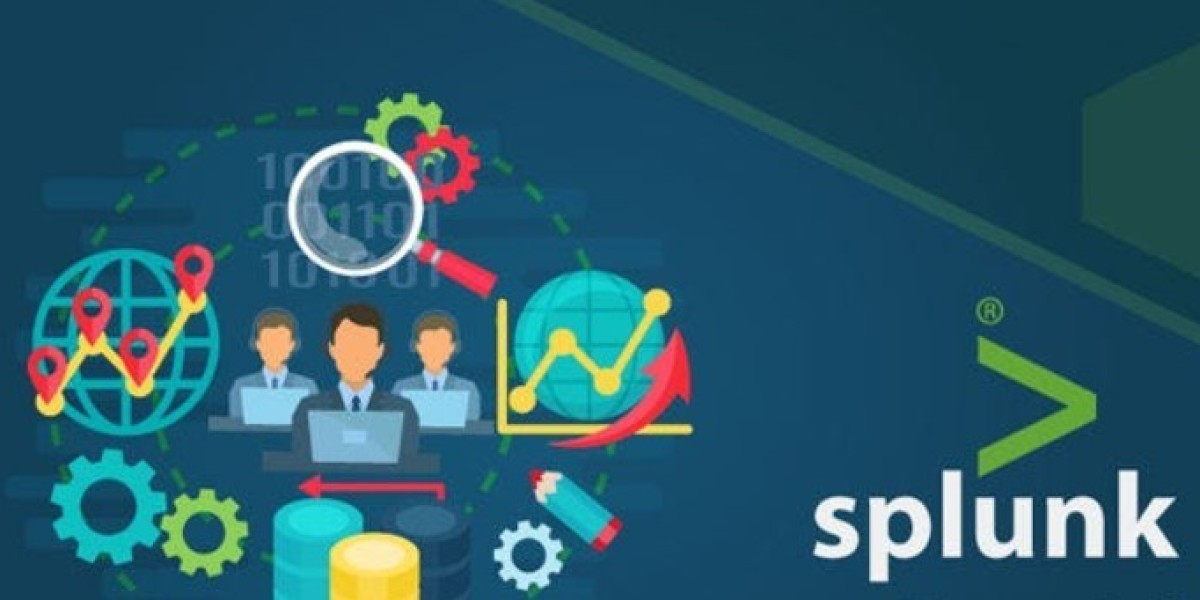Splunk Knowledge Objects are fundamental building blocks within the Splunk platform, a powerful tool for collecting, indexing, searching, and analyzing machine-generated data. Knowledge Objects are integral to the way Splunk helps users make sense of their data by organizing, categorizing, and enhancing it to facilitate efficient and meaningful analysis.
Splunk Knowledge Objects play a pivotal role in enabling users to harness the full potential of the platform. They enable users to convert raw data into structured, searchable information and provide the tools to create custom data models, build tailored visualizations, and automate processes like alerts and reports. This allows organizations to extract valuable insights from their machine data, improve decision-making, troubleshoot issues, and enhance security and compliance monitoring. In essence, Splunk Knowledge Objects are the key to transforming data chaos into actionable intelligence. Apart from it by obtaining Splunk Training, you can advance your career in Splunk. With this course, you can demonstrate your expertise in Setting up a Cluster, Data Ingestion from multi-sources & Splunk knowledge objects which includes Searches, Creating and Manage Alerts, Creating and Managing Splunk Reports, Splunk Visualizations and Splunk Dashboards, many more
These objects encompass a wide range of components and configurations that enhance the functionality and usability of Splunk.
Some common types of Splunk Knowledge Objects include:
1. **Field Extractions**: These objects define rules for extracting specific fields or key-value pairs from raw data. Field extractions enable users to structure unstructured data, making it easier to query and analyze.
2. **Event Types**: Event types are custom classifications applied to events based on specific criteria. They allow users to categorize data for easier search and analysis. Event types can be created manually or dynamically using search queries.
3. **Tags**: Tags are labels or markers assigned to events or fields to provide additional context or meaning. Tags help in organizing data and quickly identifying relevant information during searches.
4. **Lookups**: Lookups are used to enrich events with additional data from external sources or reference tables. They can be static or dynamic and are often used for cross-referencing data.
5. **Time-based Objects**: These objects define time-based rules, such as time zones, working hours, or data retention policies, which help in the proper indexing and management of timestamp data.
6. **Macros**: Macros are reusable search query snippets or transformations that simplify complex searches and calculations. They promote consistency and efficiency in query construction.
7. **Saved Searches**: Saved searches allow users to save frequently used search queries for quick access. They can also trigger alerts or actions when certain conditions are met.
8. **Dashboards and Visualizations**: While not always categorized as Knowledge Objects, dashboards and visualizations are integral to data analysis in Splunk. Users can create customized dashboards that display data in the form of charts, graphs, and tables to gain insights at a glance.
9. **Knowledge Manager Settings**: These configurations encompass system-level settings related to data input, event processing, and user roles, allowing administrators to fine-tune the behavior of Splunk to suit organizational needs.



